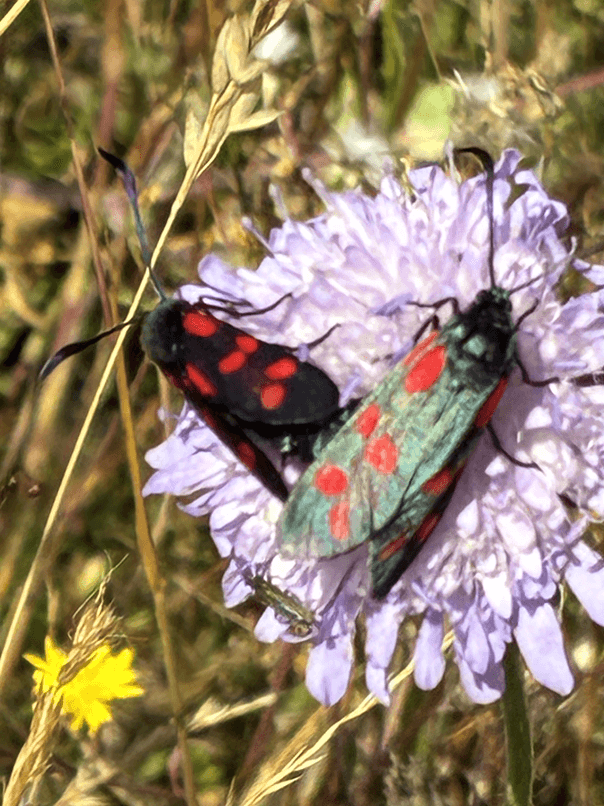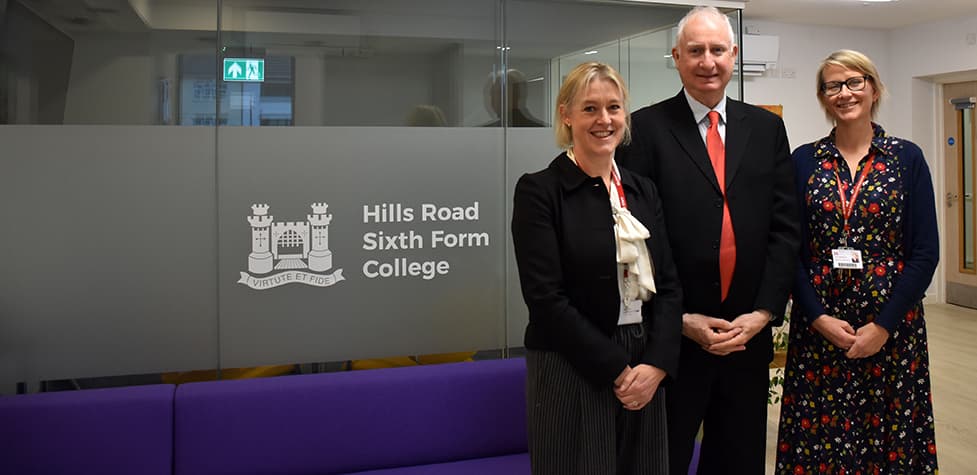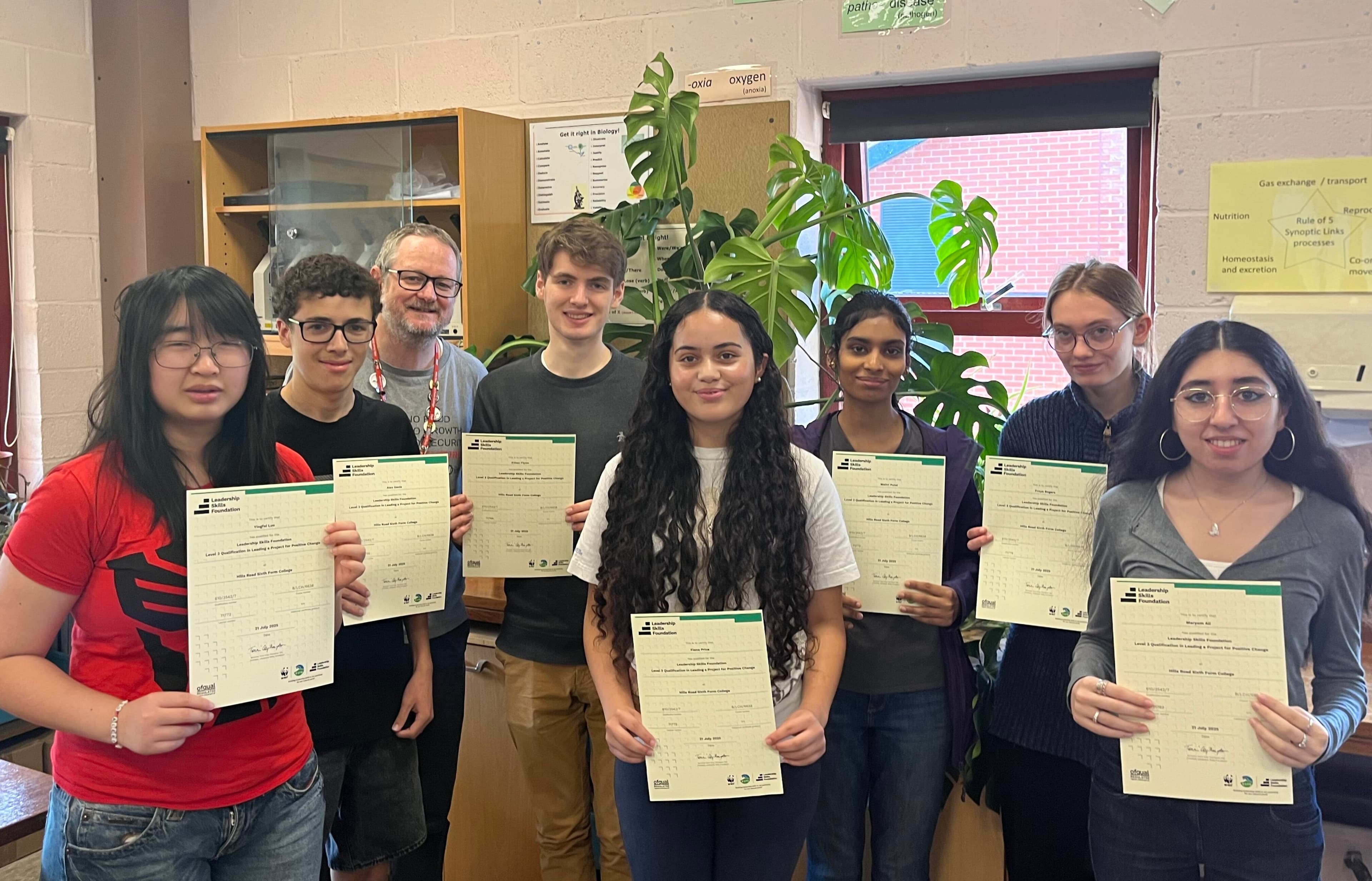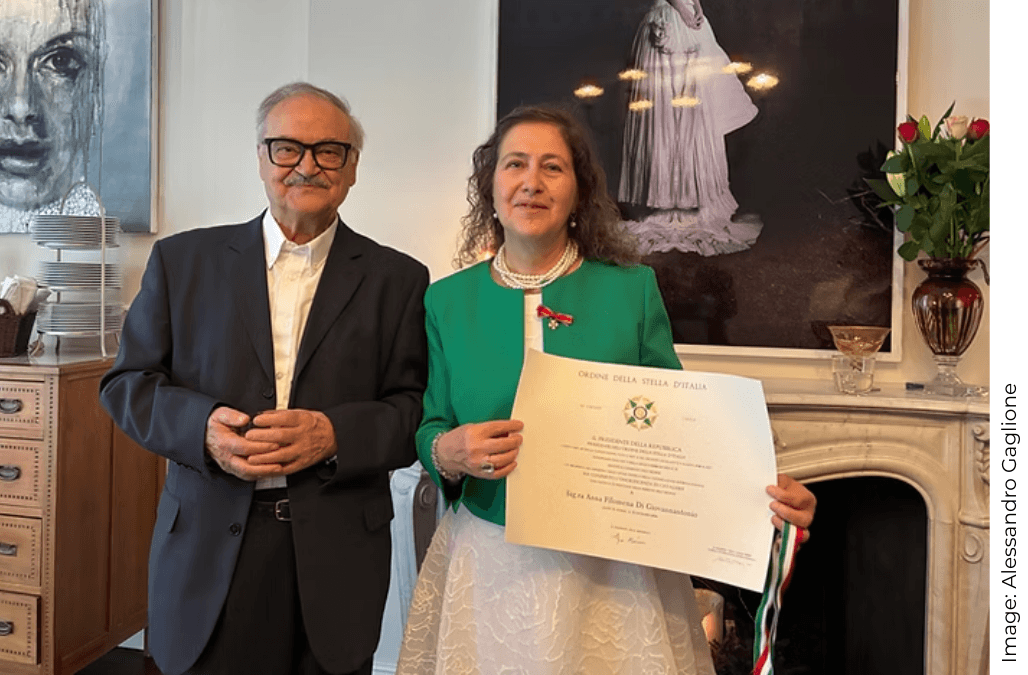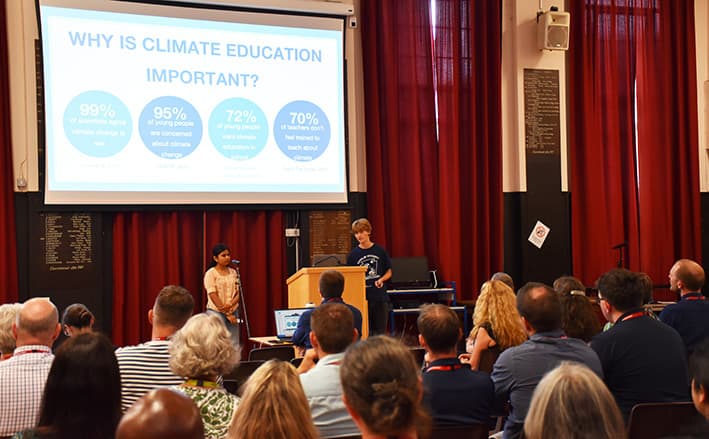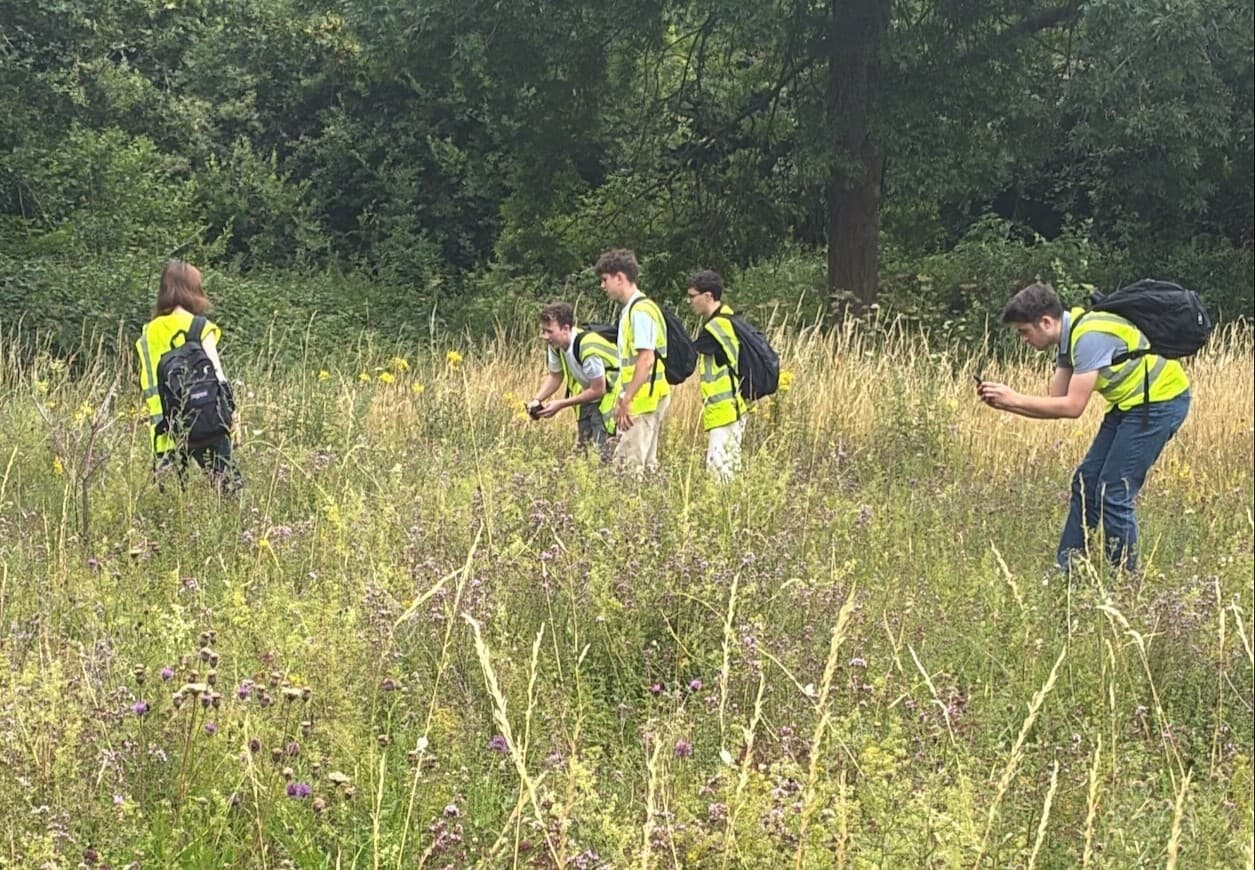
The field trip boosted students’ understanding of biodiversity, ecological survey techniques, and habitat management, all key areas of the Environmental Science curriculum.
The Trumpington Meadows nature reserve, managed by the Wildlife Trust for Bedfordshire, Cambridgeshire and Northamptonshire, is a 58-hectare site that includes flower-rich meadows, hedgerows, and riverside habitats. Its proximity to the College makes it an accessible and valuable resource for field-based learning.
During the visit, students undertook a Rapid Grassland Assessment [shown left], identifying and recording a range of wildflower species (important indicators of ecological health) in order to assess the diversity and distribution of plant species in the reserve.

